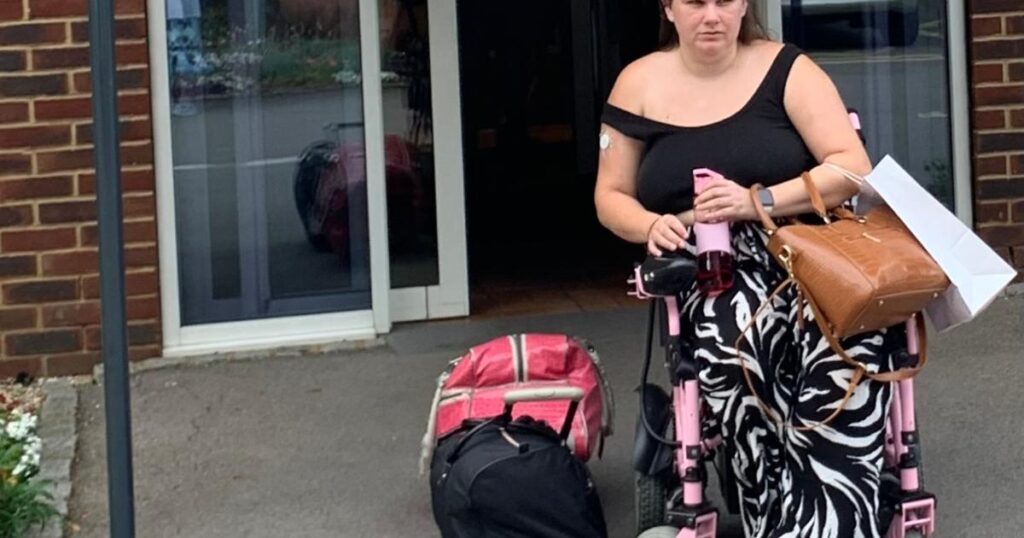Burnout can happen at any time. It’s a feeling that’s more than tiredness, more than feeling run down. It’s a crash and burn that you don’t always see coming.
For those with disabilities, burnout is often more exhausting, lasts longer and affects the body in more ways. It is often caused by either the disability itself, the emotional impact of the disability or outside influences that exacerbate the disability.
The first time I heard the word burnout was from a London Hospital. After years of gaslighting from another and being told I was being naughty when I was struggling to cope and made to feel bad that I was unable to keep control of my Type 1 Diabetes, the new hospital explained I was in burnout.
The new hospital gave me the help to have better control of the burnout. I could understand when I was getting to that stage again and reach out for the help I needed.

As my other conditions progressed, I have tried to adopt this approach, but with my other physical illnesses, I have found this harder.
Why? Sometimes it comes from my brain’s ability to think it can still do things when my body can absolutely not. I have to learn to read my body to listen to the signs and when my body is saying ‘hey, I’m reaching my limit now, slow down’. However, the brain sometimes overrules and that is when the crash comes.
It can come from still feeling I have to prove that I can still do things. Not only to others but to myself. Sometimes I surprise myself, and I can, but most of the time I reach beyond my limits putting me 10 paces back.
The stress my disability can put on my mind and body, whilst juggling everything else in society, can take its toll.
Burnout can isolate you. It is difficult once there to pick yourself up. I am getting better at saying I need time off, I need rest. But there are times, once I am already in burnout, that I cannot even do that. Writing a simple email to say sorry, a text message or a social media post can seem like the biggest exercise in the world.
Those I can find the strength to answer are lucky to get a few words out of me and not much empathy.
People think that to recharge and bring yourself out of burnout involves being in bed all day or on the sofa and binge-watching the whole Friends series. At the start, some of my burnout sessions were like this, but it is not always the case.
It is about recharging my body first, but then bringing my physical and mental health onto the same page. It can be getting out into the fresh air, enjoying a hobby, or spending time with friends and family.
Burnout can leave me feeling guilty. The longer I leave not speaking to people, the guiltier I feel, but I still cannot bring myself to message. It can leave me feeling as though I have let people down, especially if I was in the middle of a project that I was unable to finish.
Picking yourself up again after can take longer sometimes than the burnout itself. There is no time limit on it. I can be in burnout for a few days, a few weeks or a few months.
So how do you combat burnout?
Firstly, you need to identify and accept that you are in disability burnout. Next, reach out for help, whether this be friends, family, or professionals.
Secondly, don’t feel guilty. I know easier said than done.
Finally, take time for yourself and do things in your own time. No one should tell you how long to get over burnout.
Be kind to yourself!




